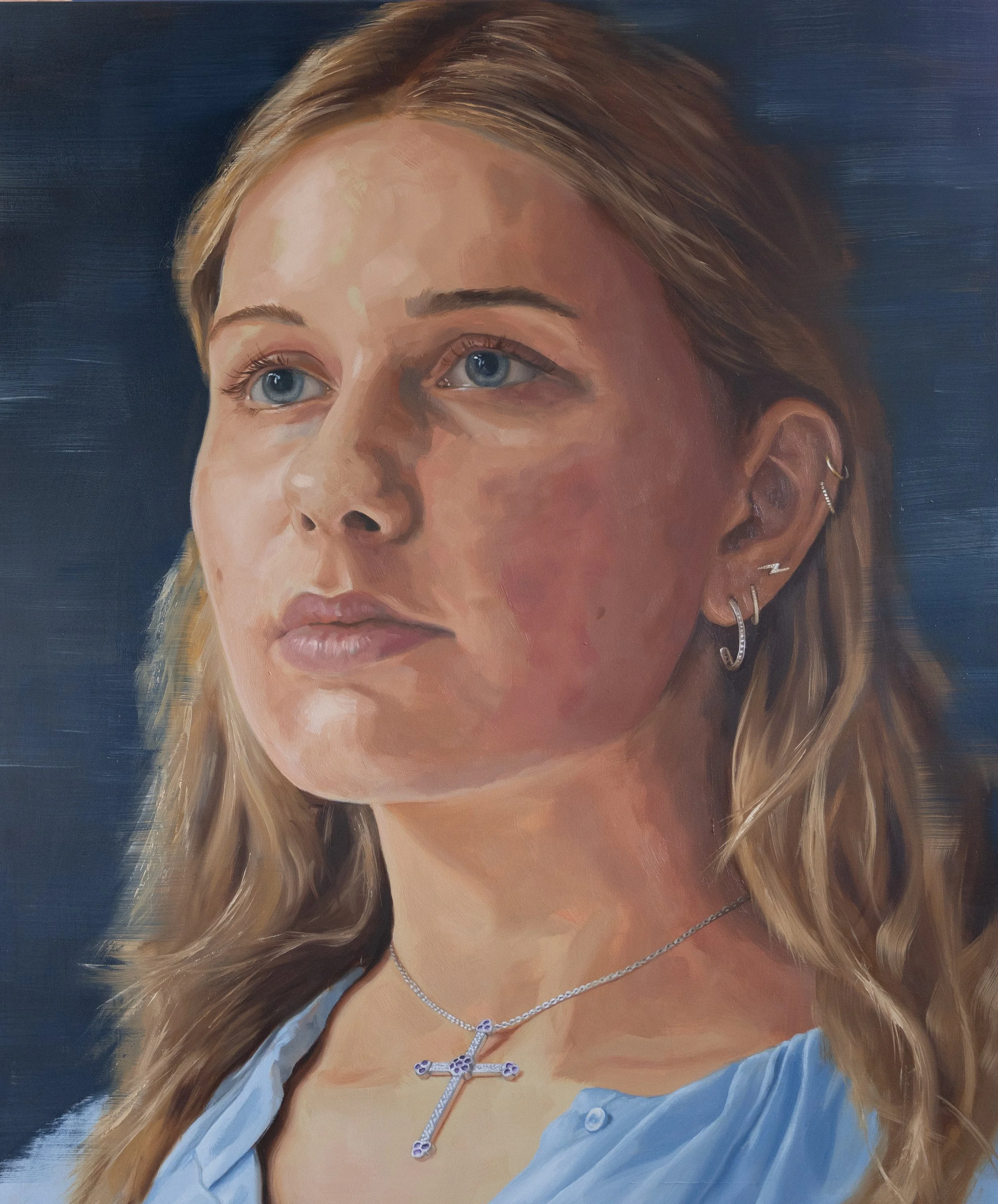Alexis Nye
I was 13 when my parents sat my brother and me down and told us our mum had cancer. At first, I thought they must be joking — but quickly realised this wasn’t the kind of thing to joke about. They said she had Stage 3 Triple Negative breast cancer. I never imagined something like this could happen to my family; it felt like the kind of thing that only happens in sad movies, not real life.
My mum started treatment fairly quickly, even though it was mid-COVID. Somehow, we managed to keep a sense of normalcy. I started secondary school soon after, and while I received a lot of support, I knew things weren’t really normal. She responded well to treatment and was eventually deemed ‘cured’. But halfway through my second year, I got a FaceTime call telling me the cancer was back — and this time, it had spread to her brain. I broke down in tears as all the emotions of the past year came flooding back. Again, she started treatment. She kept doing the things she loved, like walking the dog, cooking (occasionally), and telling me and my brother off. After more treatment, she was ‘cured’ again.
However, during the summer term of Year 10, she suddenly became sick. She’d had COVID twice, so both we and the doctors assumed it was long-COVID taking its toll, especially since every scan showed up clear. But she deteriorated rapidly — her speech became incomprehensible, and she lost the ability to walk. She was rushed to hospital in an ambulance. Still, scans showed no cancer. Doctors thought it must be meningitis, because there was “no way” the cancer had returned.
That evening, my brother and I went home to walk the dog, but our dad called us back to the hospital. They had done one last scan and found single-celled cancer wrapped around her entire spinal cord — so small it hadn’t shown up before. We were told she only had a week to live. We hoped that she’d at least be able to speak again, so we could say goodbye properly.
But when we got back to the hospital the next morning with her favourite things to make her more comfortable, we were sat down by the doctors. They told us she had died just 30 minutes before we arrived. It had all happened in three days. I remember seeing her face, once so full of life with her rosy cheeks, now dull and lifeless.
So at 15, I lost one of the most important people in my life. Now at 18, I’ve come to appreciate just how short life can be, and how to treasure every moment, because every second that passes is one we can never get back.
